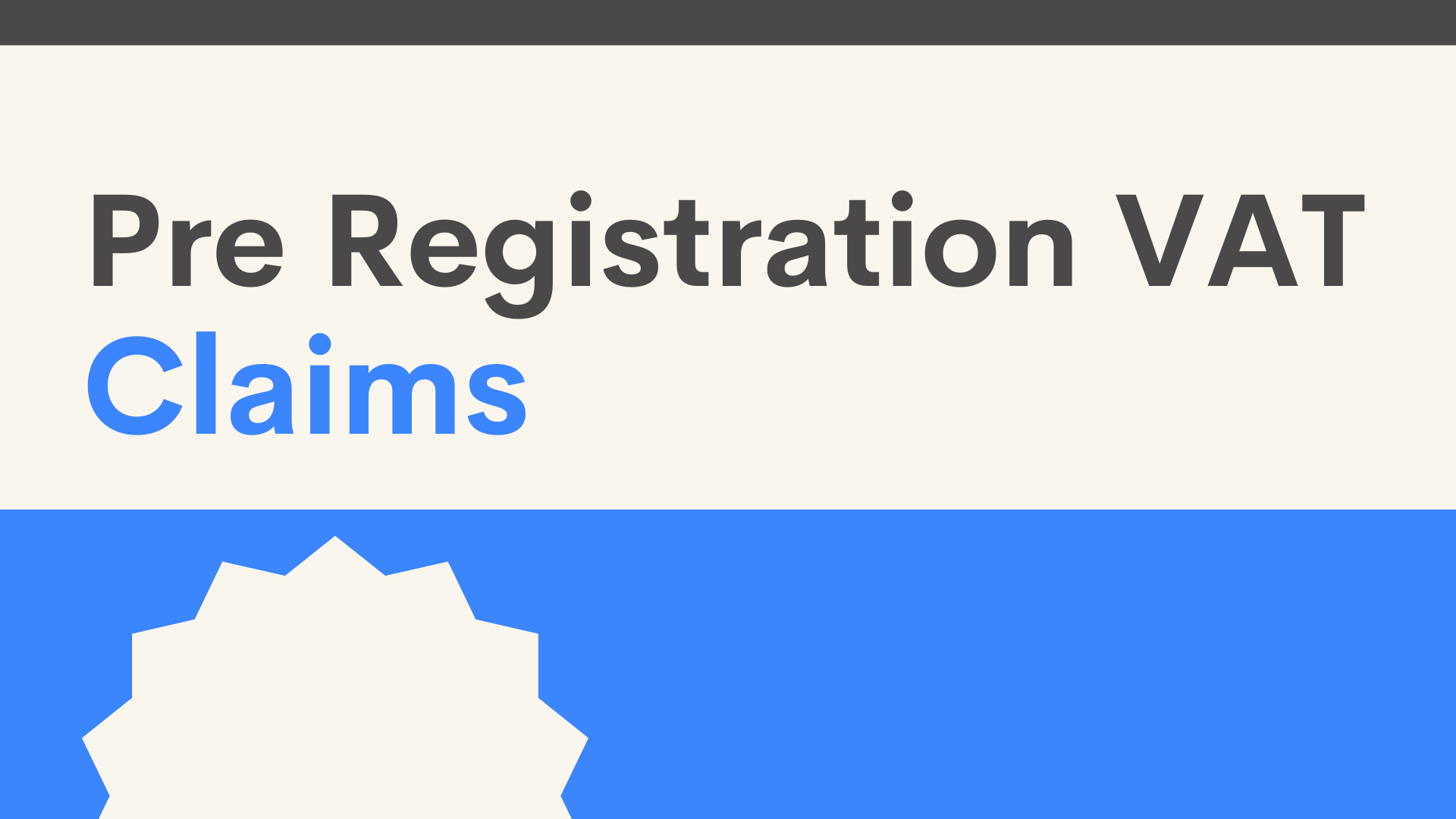Many business owners in Ireland may not initially register for VAT upon starting their new business when completing their TR2 form, although there may be many large purchases made in the early days that could have been refundable if the business had registered for VAT.
In this blog post, we will look at what the rules are when you are registering for VAT, and how far back you can back date your registration.
Voluntarily Registering for VAT
The earliest you can back date your application if you are voluntarily registering for VAT is the first date of the current VAT period and cannot be backdated before this. This leaves very little scope to claim back VAT on pre registration purchases.
For example, you are registering your business for VAT on the 3rd of December 2023. The earliest date in the open VAT period is the 1st of November 2023.
VAT periods for a business are usually bi-monthly i.e Jan/Feb, Mar/Apr.. and so on.
Registering for VAT due to breaching one of Revenue’s Thresholds
There are many different thresholds that apply to Irish business that require a business to register for VAT. The most common being €40,000 for services and €80,000 for goods respectively. It is obligatory to register when your turnover exceeds, or is likely to exceed, the VAT thresholds over any continuous 12 month period.
The commencement date of the registration may be backdated to a prior date only in cases where the annual expected turnover exceeds the VAT registration threshold.
This is essentially a fallback for Revenue, if by happenstance you fail to register for VAT when you should have. Revenue will be able to back date your registration period to the appropriate date, to ensure the taxman does not lose out on any tax revenue.
Disclaimer: This blog post is for informational and educational purposes only and should not be construed as financial advice.







